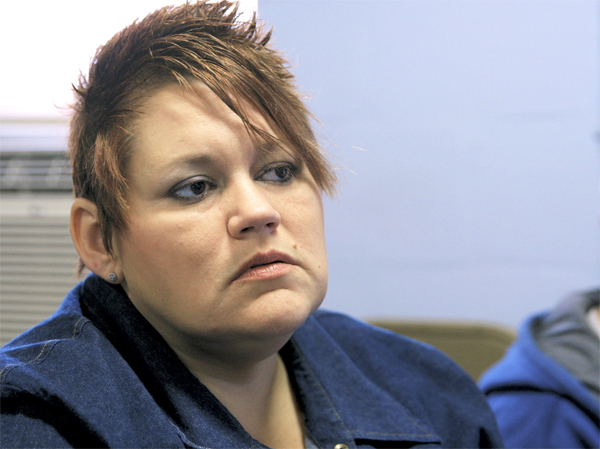At a time when the United States is examining its prison-industrial complex and considering revisions to the criminal code, the punishment of sex offenders is a volatile subcategory of debate. Pervert Park, which won a World Cinema Documentary Special Jury Award for Impact at Sundance in 2015, is a bold call for mercy and empathy, but it could be too upsetting for many viewers.
Something may be gained by distinguishing Pervert Park from Untouchable, which recently screened at the Tribeca Film Festival, for covering similar territory. The latter film highlighted the overly broad nature of the term “sex offender” and pointed to studies showing the failure or uselessness of certain measures taken by law enforcement. Some of the offenders interviewed were not convicted of violent crimes; one, a mother now prohibited from taking her children to public parks, is the kind of supposed malefactor who makes a strong test case for challenging such laws and statutes. It’s not hard to sympathize with her.
Pervert Park, on the other hand, demands much more from the viewer. There’s less ideological balance, to begin with. The film really could double as a promotional video for Florida Justice Transitions, an organization trying to help released sex offenders reenter society. It has acquired a trailer park where about 120 offenders live. Part of its work involves therapy, and the filmmakers were given access to some incredibly candid counseling sessions. For some, they will be too frank. The crimes committed by its central subjects are disturbing, and their personal histories verge on the horrific.
This is powerful stuff, told with an honesty that is inspiring. Even in the midst of their darkest stories, the humanity of the film’s subjects shines through. At one point, William Fuery, a man who will not let his troubled past defeat him, makes a speech during one counseling session. “You’ve got to let people see that you’re a human being,” he says. Here the notion is not that you might live next door to a sex offender—because of legislation, you probably don’t—but instead to consider the radical potential that you could, that they don’t need to be pushed to the edges of society.







Leave A Comment